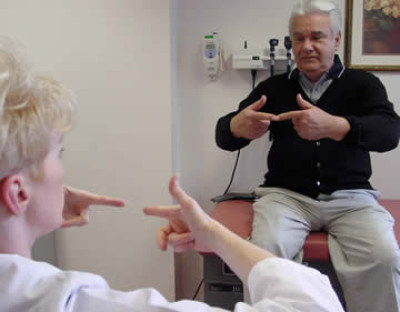Specialized Treatment for Brain-based Disorders.
Restoring hope to those without.



he nervous system is vulnerable to a variety of environmental insults. It can be affected by injuries, infections, degeneration, structural defects, tumors, inflammation, metabolic disorders, as well as disorders of the circulatory system. Brain injuries and illnesses encompass a wide spectrum of dysfunction which may have varying degrees of impact on behavior, cognition, emotions, memory, motor & sensory function, as well as speech, language and vision.
The non-surgical treatment and rehabilitation of patients suffering from brain injury and neurological problems is a primary specialty at Missouri Brain & Spine. As neurological rehabilitation specialists, our primary goals is for patients to recover function in order to return back to work or regain independence after brain injury or stroke.
Our physicians have extensive training in the evaluation and management of disorders of the nervous system, and are regarded as experts by both the healthcare and legal arena. Many of our staff and cooperative physicians are nationally and internationally recognized, and hold teaching positions in the fields of Clinical Neurology and Neurological Rehabilitative Science. Current evidence-based research and experience supports that early participation in an individualized treatment program directed towards brain-based deficiencies decreases short-term complications and optimizes long-term functional outcome and quality of life.
“Almost immediately after my first treatment, I felt the spasms release, and I was able to move my neck without pain and tightness.”
“Dr. Worth diagnosed my husband with Machado Joseph’s Disease at 39 years of age. Having seen what it did to my neighbor, we thought a meaningful life was over. It’s been 9 years since his diagnosis, and he continues to show signs of improvement.”
Restoring hope to those without.

A concussion is a type of traumatic brain injury that is caused by a primary or secondary impact that shakes the brain inside the skull. Normally, the fluid around your brain acts as a cushion that keeps your brain from impacting your skull. However, if your head or body is hit or thrust hard enough, your brain can contact your skull and be injured. Since the force of impact is not directly proportional to the degree of damage, it is not always easy to know if someone has a concussion. While some concussions result in a loss of consciousness, lacerations, fractures, brain bleeds, swelling and inflammation, others may not have any visible signs of a brain injury.
Current research supports that severe or repeated concussions may result in permanent problems within the brain that may affect movement, memory, learning, attention or speaking. Missouri Brain & Spine, in addition to being a leader in TBI management, recommends and provides comprehensive baseline functional assessments before participating in any sporting activity.
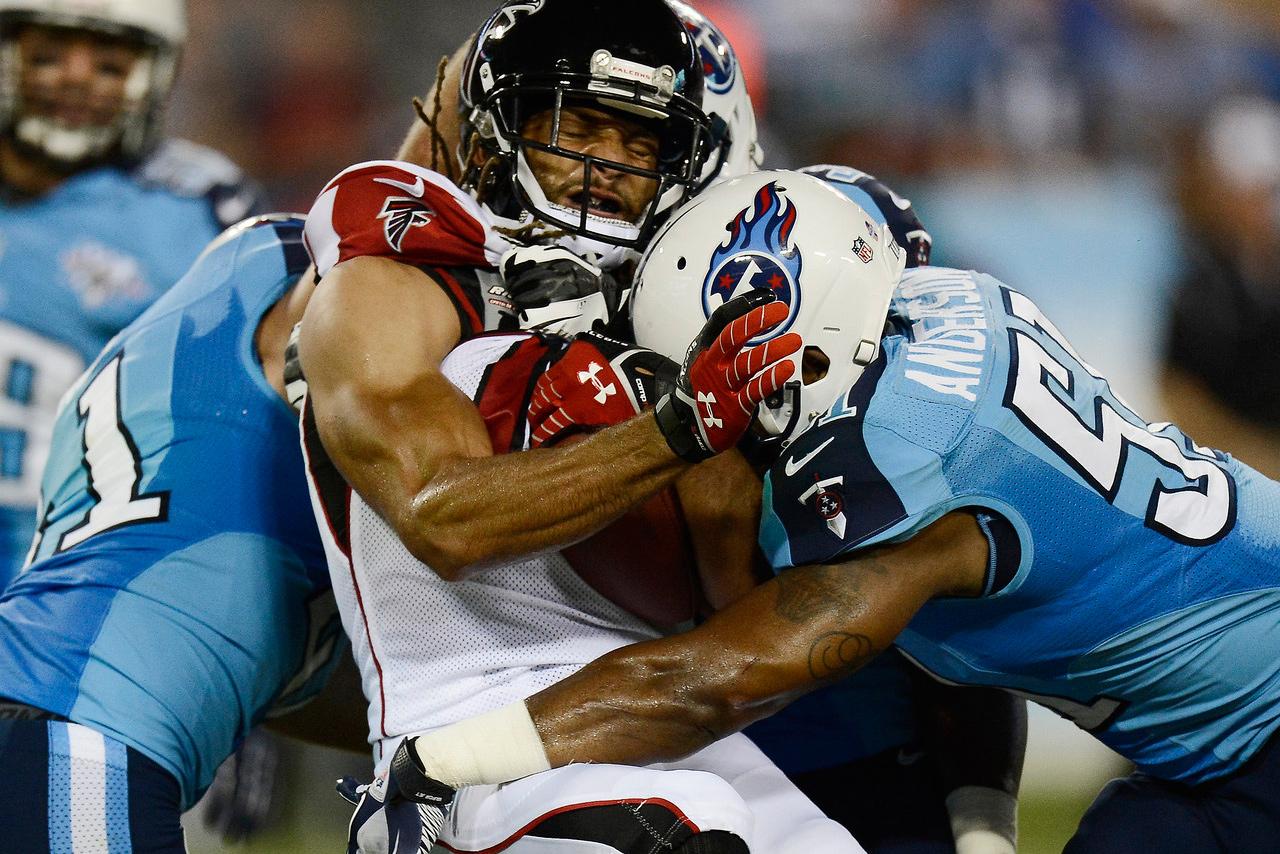
A balance disorder is a condition that makes you feel unsteady or dizzy, as if you or your environment are moving, spinning, or floating, even though you are standing still or lying down. Balance disorders can be caused by certain health conditions, medications, or a problem in the inner ear or the brain.
Our vestibular system works with other sensorimotor systems in the body, such as our visual system and skeletal system, to check and maintain the position of our body at rest or in motion. It also helps us maintain a steady focus on objects even though the position of our body changes. The vestibular system does this by detecting mechanical forces, including gravity, that act upon our vestibular organs when we move. A balance disorder may be caused by sensory mismatch between your brain and the environment, head injury, viral or bacterial infections, blood circulation disorders and certain medications.
Missouri Brain & Spine utilizes the gold-standard in evidence-based diagnostic vestibular and balance testing to pinpoint the cause of your dizziness and create an individualized treatment plan to facilitate a rapid recovery.
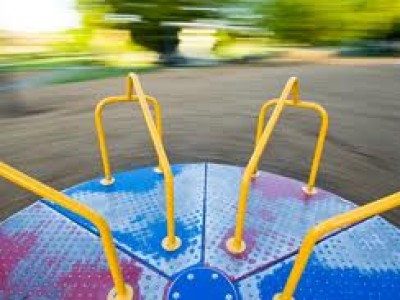

A stroke occurs when the blood supply to part of the brain is suddenly interrupted or when a blood vessel in the brain bursts, spilling blood into the spaces surrounding brain cells. Brain cells die when they no longer receive oxygen and nutrients from the blood or there is sudden bleeding into or around the brain. The symptoms of a stroke include sudden numbness or weakness, especially on one side of the body; sudden confusion or trouble speaking or understanding speech; sudden trouble seeing in one or both eyes; sudden trouble with walking, dizziness, or loss of balance or coordination; or sudden severe headache with no known cause. There are two forms of stroke: ischemic – blockage of a blood vessel supplying the brain, and hemorrhagic – bleeding into or around the brain.
Generally there are three treatment stages for stroke: prevention, therapy immediately after the stroke, and post-stroke rehabilitation. Missouri Brain & Spine physicians are post-stroke rehabilitation specialists who help individuals overcome disabilities that result from stroke damage and allow them to return to the most independent lifestyle as possible.
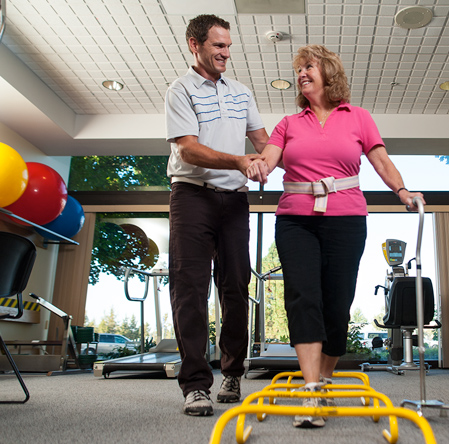
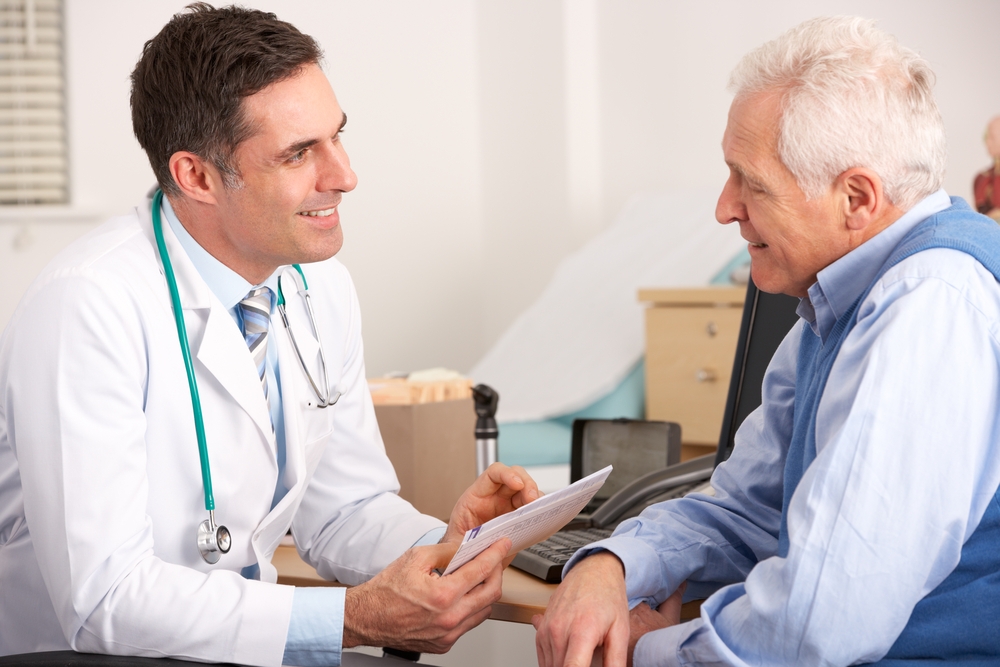
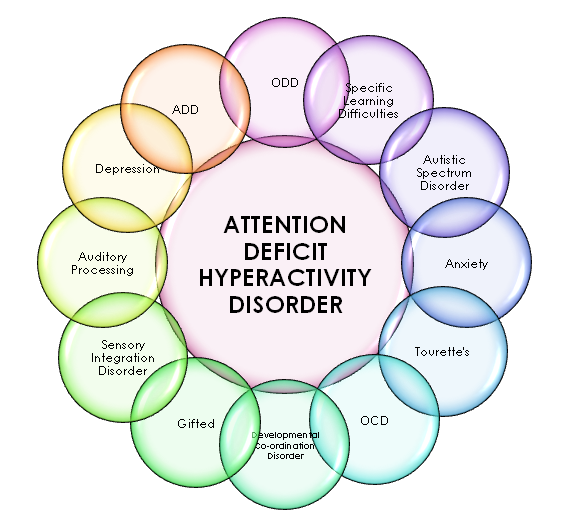
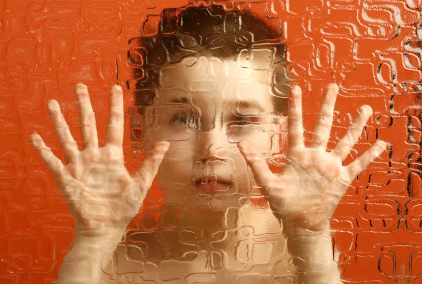
Movement disorders are neurological conditions that affect the speed, fluency, quality, and ease of movement. Abnormal fluency or speed of movement (called dyskinesia) may involve excessive or involuntary movement (hyperkinesia) or slowed or absent voluntary movement (hypokinesia).
The origin, more often than not, lies in the areas of the brain called the basal ganglia, cerebellum or the neurological pathways that govern motor planning and execution. While symptoms vary depending on the areas affected, dysfunction of these areas may lead to difficulty in: walking, purposeful movement, maintenance of posture and balance. Although genetics is the commonly implicated cause of abnormal movements there are other causes such as: aberrant activity of various pathways, neurodegenerative conditions, chronic disease, metabolic dysfunction, mineral deficiencies, as well as various medications.
